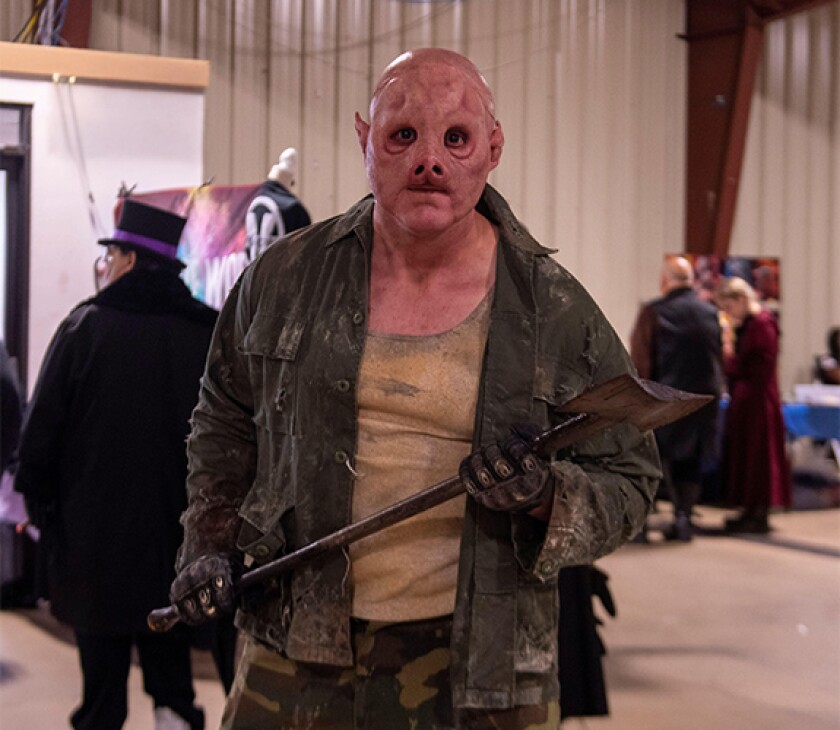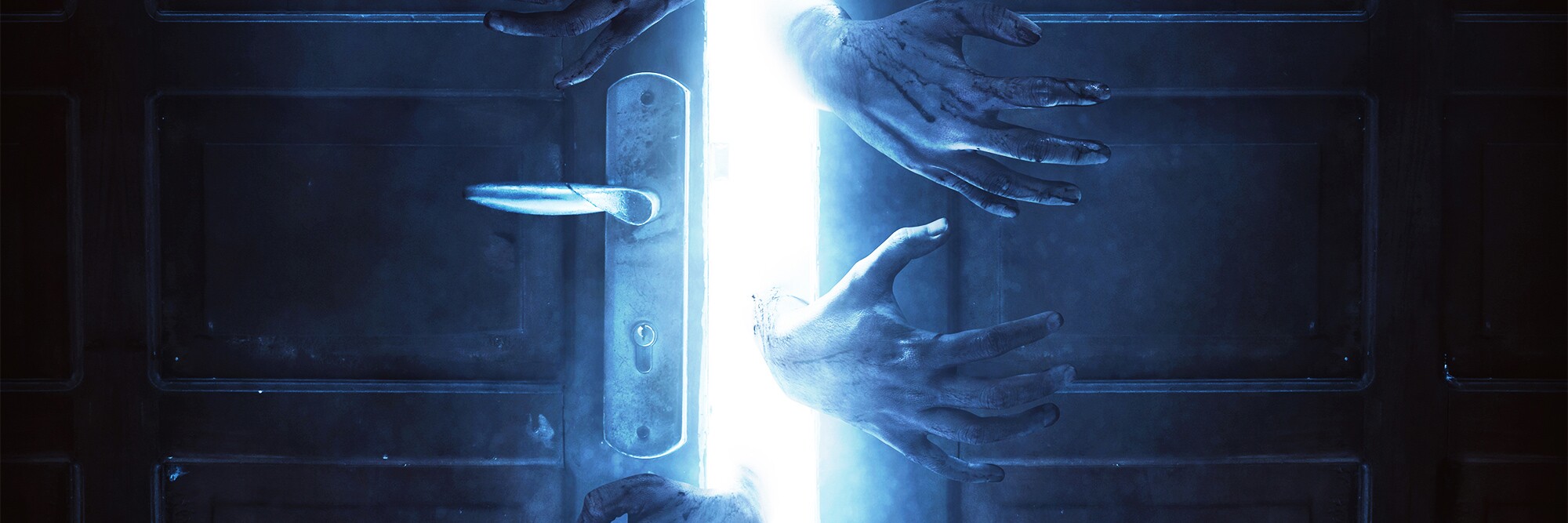Dear WI-WI,
This is a tough call. Anytime you leave a job for a new one, you’re taking a risk and it might not work out. But the stakes are a lot higher because you have some bad history with your former and potentially future colleague.
It seems clear that the move is step-up but you could re-engaging with a toxic personality. And long-term it is hard to thrive in a corrosive, divisive environment. We all think we can manage it, but it’s exhausting dealing with venom and spite every day. Eventually something gives or, more accurately, breaks.
If you make the jump, it has to be toward a sustainable career future. Not a one-year pay bump or promotion.
So let’s go through this methodically.
First, how juicy is this opportunity? I see it as an emphatic vote of confidence. A bigger, better, and badder franchise (bad is good in this context) has identified you as a valuable asset. The bigwigs have conducted due diligence, and they went ahead and made you an offer. That suggests three possibilities: either (a) your former colleague spoke well of you, (b) the bosses disregarded his negative commentary, or (c) they didn’t bother to ask him because his opinion carries no weight. All of these possibilities militate in your favour. You’ve been judged on the merits and passed a significant test.
If you look at it that way, it’s crazy to dismiss this opportunity out of hand based on a fear of what one person might do to undermine you.

But I get it. You have reason to worry. This doesn’t sound like a minor personality clash, a little office tiff that a few glasses of claret can smooth over. Nope, this smacks of a deep-seated, historically bitter rivalry that made your previous working life unpleasant.
The critical question is not whether you can tolerate this person or whether there’s a path to reconciliation. In my mind, the real question is whether you can succeed with the structures and environment of this new role assuming no brotherly love between you.
You mention the tension between the risk-taking desk and the client-facing desk. Often, such friction stems from a convoluted organisational structure, unclear reporting lines, or an ‘octagon’-like culture that pits departments against each other.
It’s possible that a larger, more established firm may have more robust processes and clearer boundaries that prevent the inevitable conflicts from degenerating into personal feuds. Competitive instincts might be channelled more productively.
That’s one for your due diligence checklist.
Anyhow, before you make a final decision, you must undertake a discreet but crucial piece of reconnaissance. You need to have a frank, private conversation with the main decision-maker who extended the offer.
Frame it positively. Express enthusiasm and excitement about the role and the firm, and state clearly that you are minded to accept.
Then you can transition to your concern. I would keep it matter-of-fact and avoid histrionics or exaggeration. Say you worked with this individual in the past and you clashed. Don’t badmouth him. Remember Ron Burgundy’s injunction: “Keep it classy”.
Ask how the working relationship is envisaged to operate. Ask to whom each of you will report, and what the protocols are for resolving inter-departmental disagreements. This does not make you look difficult; it makes you look pragmatic.
A good manager will have already considered this and will have a plan. A dismissive answer is a red flag
The answers will tell you everything you need to know. A good manager will have already considered this and will have a plan. A dismissive answer is a red flag.
At the end of the day, you have to decide what you’re willing to put up with in order to move your career forward. If this job means a big increase in compensation and opens the door to multi-year advancement, then it might be worth a period of managed conflict. But if it means tangling every day with an office foe, then you’re better off preserving your mental health and staying put.
One last thing: people change. This can be either because they mature or because they move to a better environment. I’ve feuded with people in my career, only to later became good friends and office allies. Maybe we mellowed, maybe organisational changes brought out the best in us. Some people are rotten to the core, but most are highly contingent: good in some contexts, not-so-good in others. You have to judge if this guy has redeeming qualities or not.
For real,
Craig
|
Welcome to GlobalCapital’s agony aunt column, called New Issues. Each week, capital markets veteran and now GC columnist Craig Coben will bring his decades of experience at the highest levels of the capital markets to bear on your professional problems. Passed over for promotion? Toxic client? Stuck in a dead end job, or been out of the market for so long you’d bite someone’s hand off for one? If you have a dilemma you would like Craig to tackle, please write in complete confidentiality to agony@globalcapital.com |

